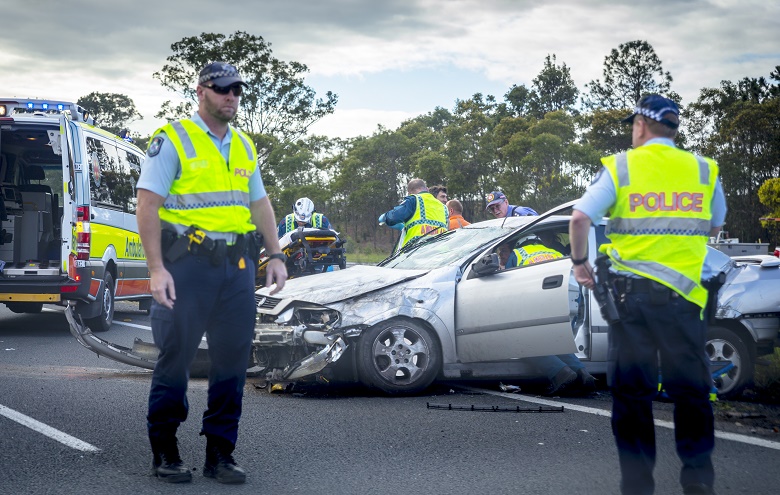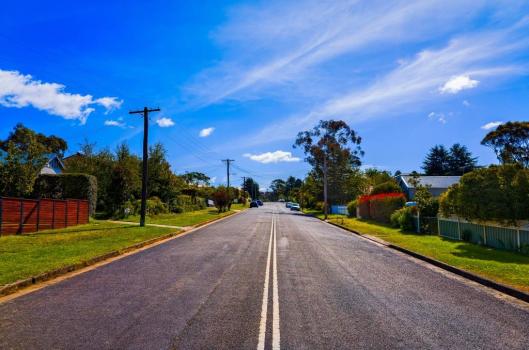
Governments at all levels must ramp up their efforts to reduce the number of deaths and injuries on Australian roads, a leading expert says.
The co-chair of a recent national inquiry into road safety has condemned what he deems a “crisis of complacency” in the government’s failure to commit to a road toll of zero.
Professor Jeremy Woolley, who is director of the Centre for Automotive Safety Research, called on Commonwealth to set a deadline for the road toll to reach zero during a presentation at a road safety conference in Sydney on Wednesday.
This commitment must be underpinned by stronger leadership at all three levels of government, he said.
“We’ve got a drip feed of death and injury that’s ongoing with no end in sight. We have a concern the scale of response is not suitable to make inroads and deliver a step change in the road trauma situation,” Professor Woolley told Government News after the event.
Government action must be propelled by “stimulus and scale” to drive both existing and new initiatives at a level “capable of making a difference.”
Current government actions were “simply not good enough,” Professor Woolley said, adding “we need to lift our game.”
With responsibility for 80 per cent of the nation’s roads, local government is one of the most important players in reducing the road toll, Professor Wooley said. The Commonwealth must look to better support councils with the resources to “get on board” in combating the toll, he says.
His comments comes just weeks after the National Road Safety Strategy Inquiry provided its final report to the Australian Government warning that an estimated 12,000 people would be killed in the next 10 years and 360,000 injured if firm action isn’t taken.
Professor Woolley, who was the co-chair of the inquiry, said that if the government committed to a date for zero deaths this would help propel change.
“We are aiming for the elimination of death and injury on our roads so we need to nominate a time in the future at which we will achieve this and start working back from there.”
Professor Woolley said that certain areas, such as some local governments and school zones, have already managed to achieve a road toll of zero.
“We already know we can tweak parts of the system to achieve that harmony, we just need to make sure we mainstream these practices and magnify their effect,” he said.
The inquiry report put forward 12 recommendations to bring down the road toll to zero by 2050.
Among these are for road safety to be made “business as usual” for all levels of government, greater investment in road safety partnerships with all levels of government to eliminate high-risk roads and better matching of speed limits with road attributes.
The inquiry has also recommended a national road safety governance review be undertaken by March 2019.
Comment below to have your say on this story.
If you have a news story or tip-off, get in touch at editorial@governmentnews.com.au.
Sign up to the Government News newsletter.

